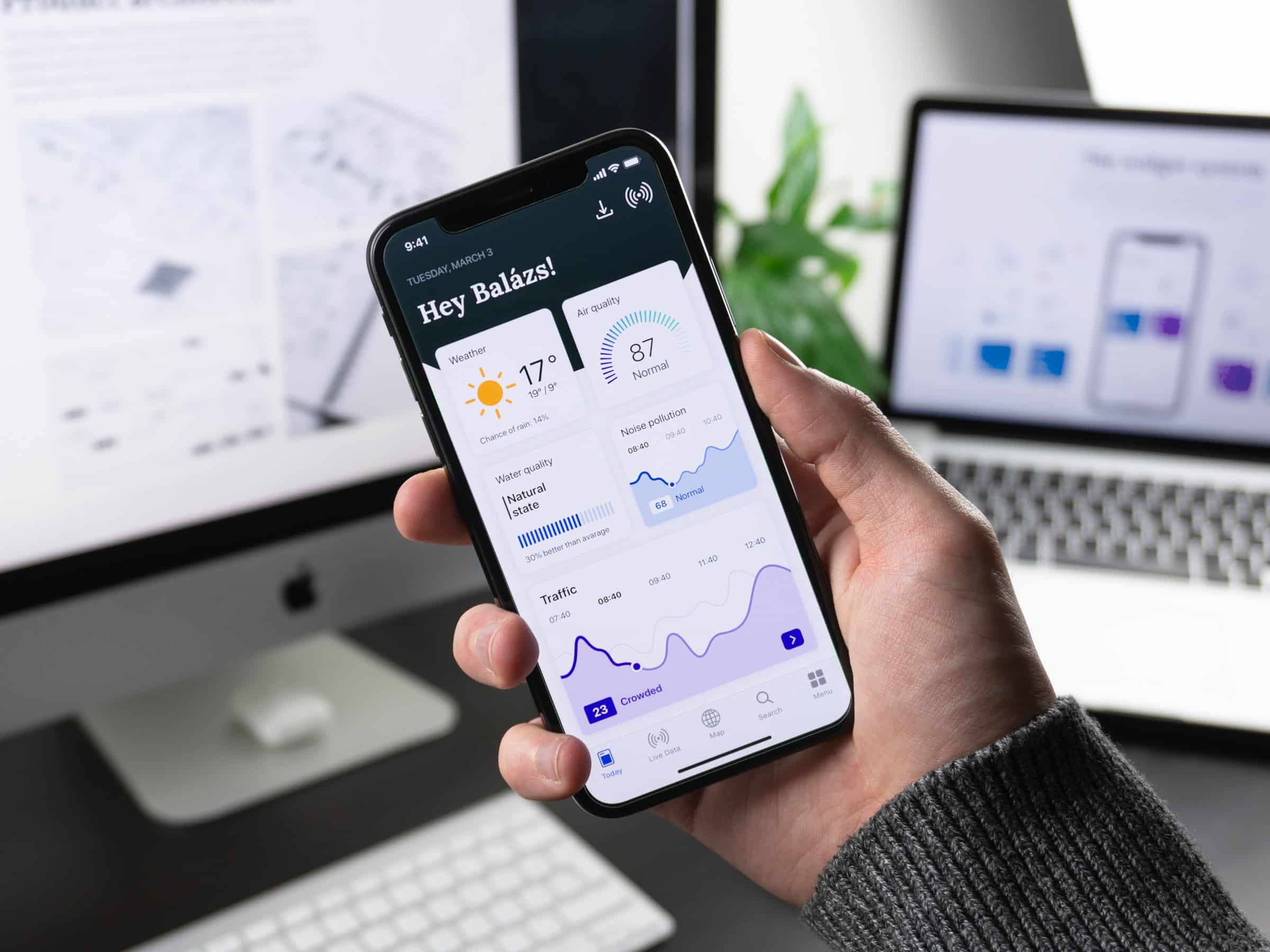How to create a scalable mobile app for UK’s local government services?

In the era of digitization where data is easily accessible at our fingertips, the local government services are no exception. They are gradually embracing technological advancements and working towards becoming more digital savvy. One of the significant steps in this direction is the development of mobile apps for streamlining local council services. However, the challenge lies not just in the creation of these apps, but in making them scalable to meet the growing needs of the public while ensuring their compatibility with cloud solutions. In this article, we will explore the steps and considerations in creating a scalable mobile app for UK's local government services.
Identifying the Scope and Requirements
Before diving into the development process, it is crucial to identify the scope of the app. What services will it cater to? Will it be a one-stop solution for all council needs or cater to specific services? The primary focus should be on meeting the users' needs effectively and efficiently.
A découvrir également : What are the most effective ways to use AI for personalizing user experiences in UK’s travel industry?
Next, consider the technical requirements. Research on the most commonly used devices and operating systems amongst your audience and choose a development platform accordingly. The app should support all major platforms – iOS, Android, and Windows. Also, consider integrating cloud services for data storage and backup.
Incorporating User-friendly Interface and Features
A successful app is not just functional but also user-friendly. The app layout and design should be intuitive, making it easy for people to navigate through different services. The text should be legible, with contrast colours that do not strain the eye.
A lire aussi : Discover the best free chatbot: online gpt for your needs
In terms of features, start with the basics. The app should enable users to access council services, request support, track progress, and provide feedback. As you progress, consider adding advanced features like push notifications, real-time updates, and chatbots for instant support.
Data Security and Privacy
Data security is a crucial aspect when dealing with public services. Ensure that your app is designed with robust security measures to protect users' data. Also, comply with the UK's data protection laws and regulations.
The app should only collect necessary data and have a clear privacy policy explaining what data is collected, how it is used, and who it is shared with. Transparency in data handling can significantly enhance users' trust in your app.
Utilising Cloud Solutions for Scalability
Cloud solutions can greatly enhance the scalability of your app. They offer flexibility in managing resources, which can be ramped up or down based on demand. Moreover, cloud services provide cost-effectiveness as you only pay for what you use.
When choosing a cloud service provider, consider factors like security measures, cost, support services, and compatibility with your app platform.
Continuous Improvement and Support
Post-development, the work is not over. The app needs continuous monitoring and improvement based on user feedback and changing needs. Regular updates not only fix bugs and enhance features but also motivate users to continue using the app.
Support services play a vital role in the success of your app. Users should be able to contact support easily in case of any issues or queries. A dedicated support team can help in addressing user concerns promptly and efficiently.
Working with a Development Partner
Developing a scalable app for local government services can be a challenging task. Collaborating with a development partner can bring in the technical expertise and experience needed for this project. They can guide you through the entire process, from identifying requirements, designing the UI, building features, to providing post-launch support.
Choosing the right development partner can make a significant difference in your app's success. Look for a partner with a proven track record in app development, preferably in the public sector. They should be able to understand your vision, provide innovative solutions, and be willing to work closely with your team.
Creating a scalable mobile app for UK’s local government services is a strategic move that has the potential to drastically improve service delivery, enhance user experience and ultimately, build a digital-savvy public sector. While the journey may seem daunting, with careful planning, execution, and continuous improvement, it is definitely achievable. Remember, the key to a successful app lies not just in its functionality, but in its ability to adapt and grow with the changing needs of your users.
Enhancing Customer Experience and Service Delivery
The heart of any successful digital service lies in its ability to deliver a superior customer experience. When creating a mobile app for local councils, the end goal should be to simplify and streamline the process of accessing and using public services. In this digital age, people expect services to be available to them 24/7, and this should be a key consideration.
The app should be built with the understanding of users' expectations and needs. Integrating features that enable users to easily access information, request services, track progress, and provide feedback can greatly enhance the user experience. For example, the app could include features that allow users to report local issues, pay council tax, apply for licenses, or book appointments.
One way to improve service delivery is through personalised experiences. Using data analytics, the app can provide tailored services and notifications based on the user's location, preferences, and past interactions.
Furthermore, the app should be accessible for all users, including those with disabilities. This can be achieved through features like text-to-speech, high-contrast mode, or adjustable font size.
Remember, a satisfied customer is much more likely to become a returning customer. So, enhancing customer experience should be a priority in your app development process.
Leveraging Open Source and Collaborating with the Private Sector
In the journey of digitising local government services, collaborating with the private sector and leveraging open source solutions can prove to be beneficial. Many private sector companies have gained vast experience and developed innovative solutions in the field of app development. They can provide valuable insights and proven strategies that can help local authorities in achieving their digital transformation goals.
Open source solutions, on the other hand, provide flexibility and cost-effectiveness. They allow developers to modify, improve, and distribute the source code, fostering an environment of collaboration and continuous improvement. Moreover, open source solutions are often more secure as they are regularly reviewed and updated by a global community of developers.
Working with a development manager from the private sector can help in overseeing the project, managing resources, and ensuring the app meets the defined objectives and standards. They can also assist in training the local government staff on using and maintaining the app.
In conclusion, the creation of a scalable mobile app for UK's local government services is a complex yet rewarding task. It requires a comprehensive understanding of the users' needs, effective collaboration, and continuous improvement. The goal is not just to digitise services, but to transform them in a way that enhances the customer experience and service delivery. By embracing digital services, local councils can become more efficient, responsive, and accessible, ultimately building a tech-savvy public sector that caters to the evolving needs of its citizens. The journey may be challenging, but with careful planning, effective collaboration, and commitment, it is definitely achievable.
